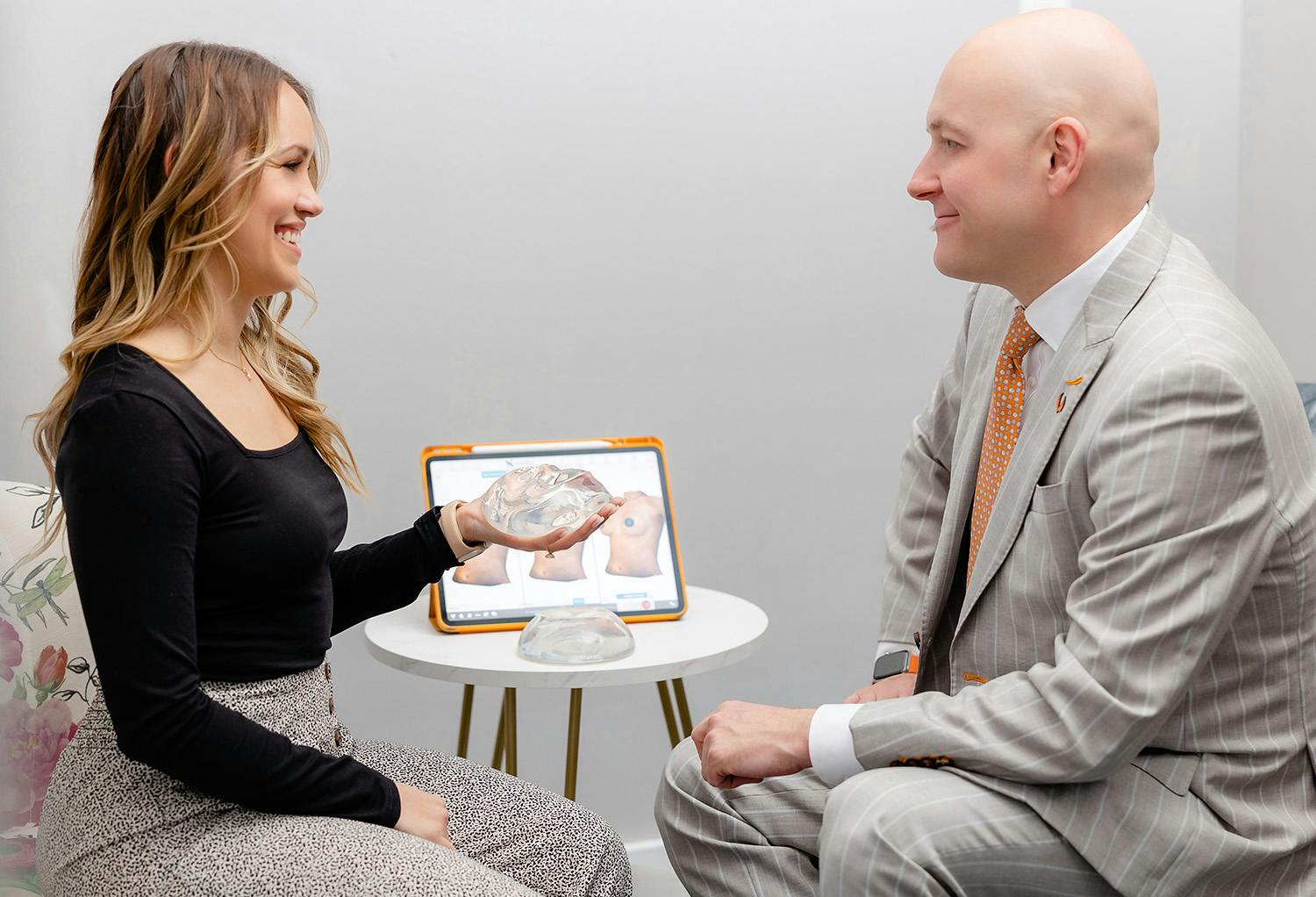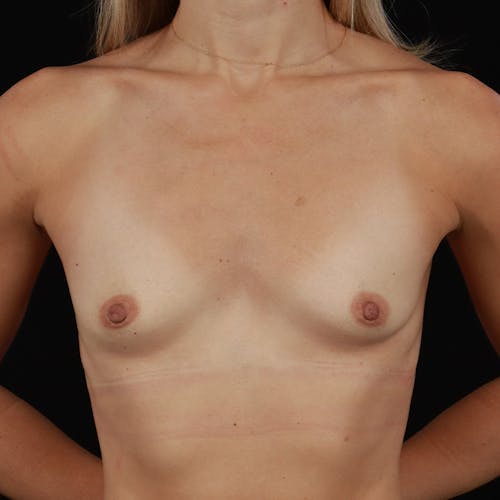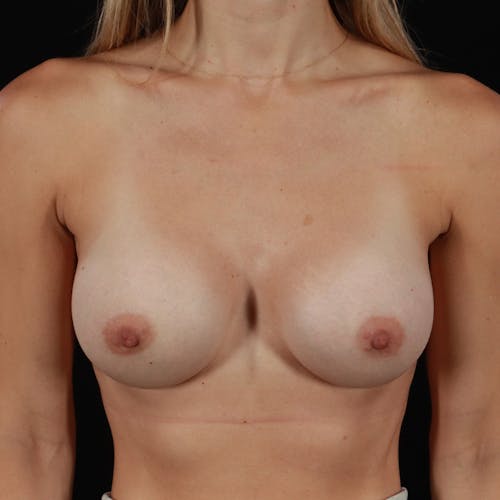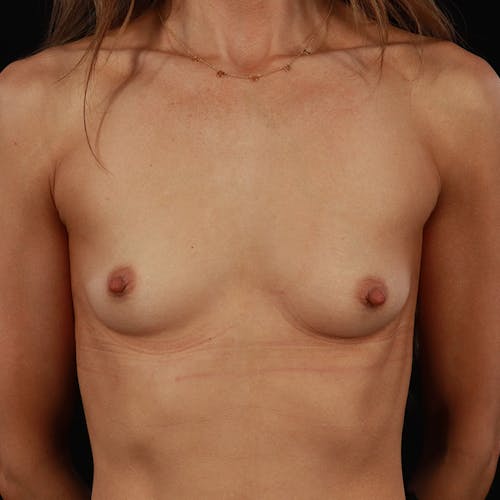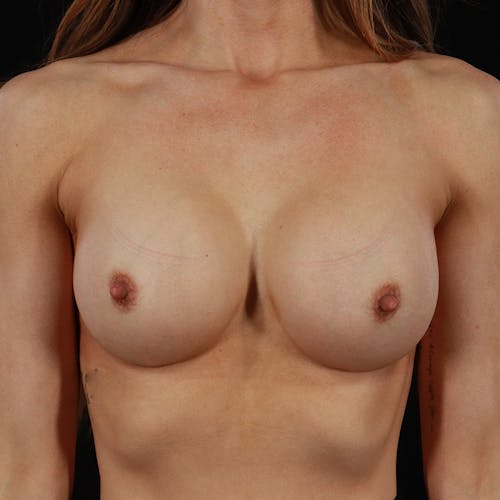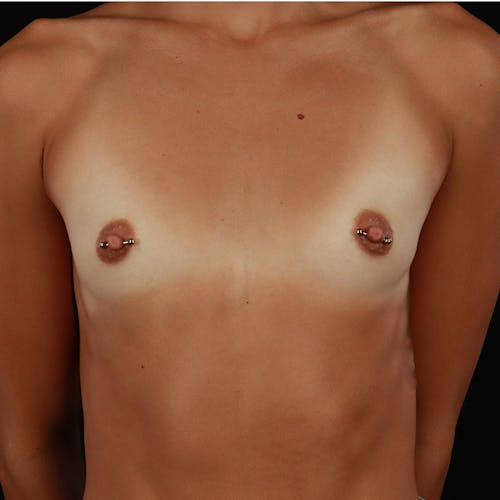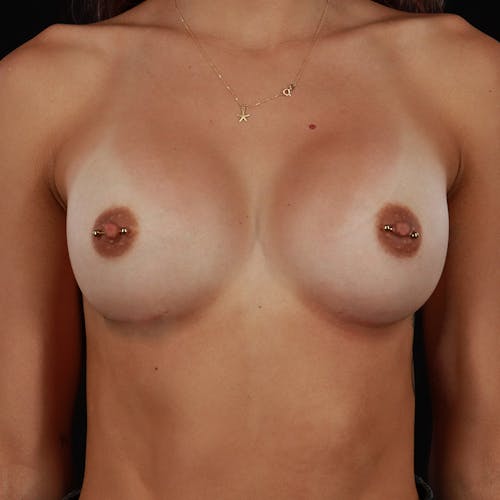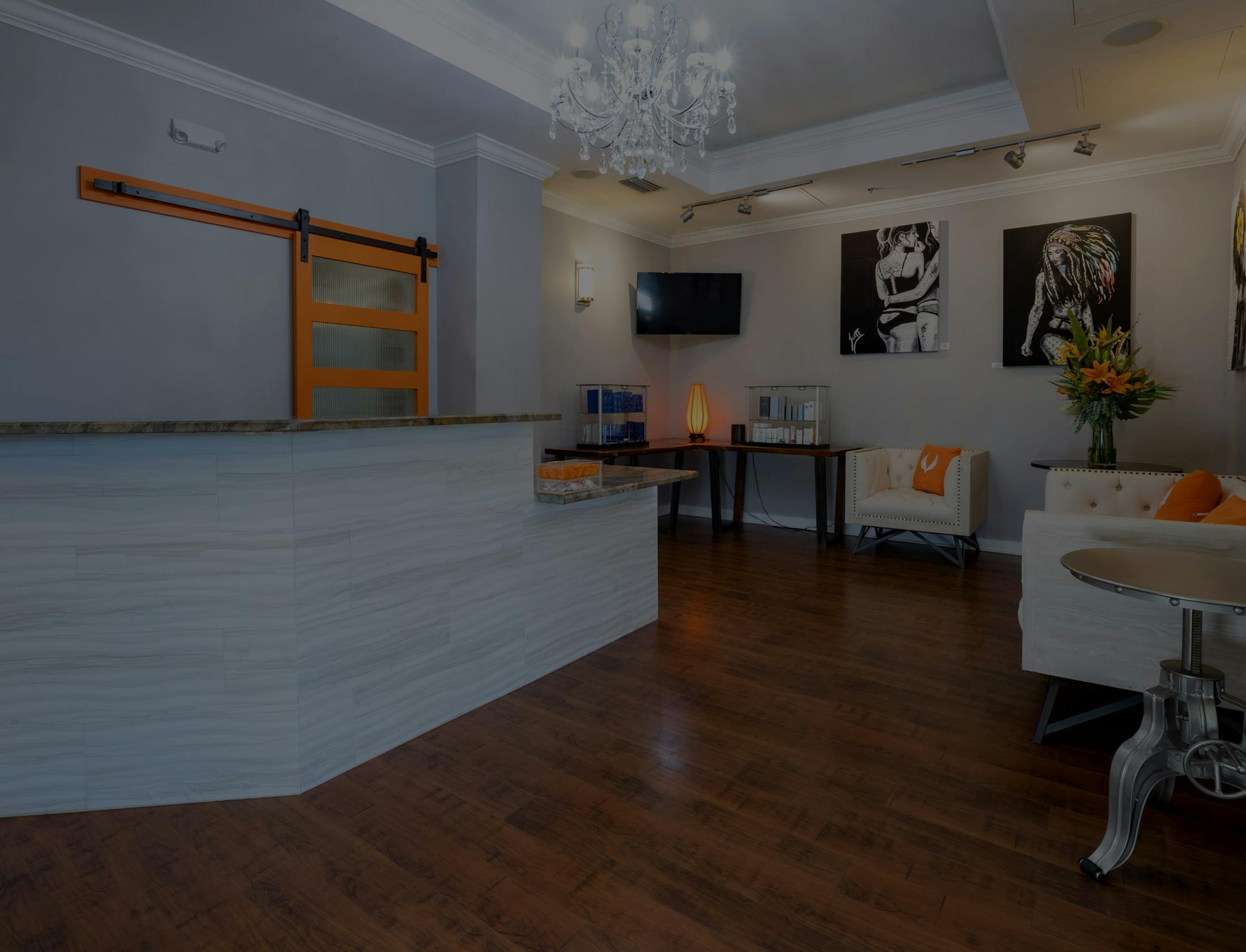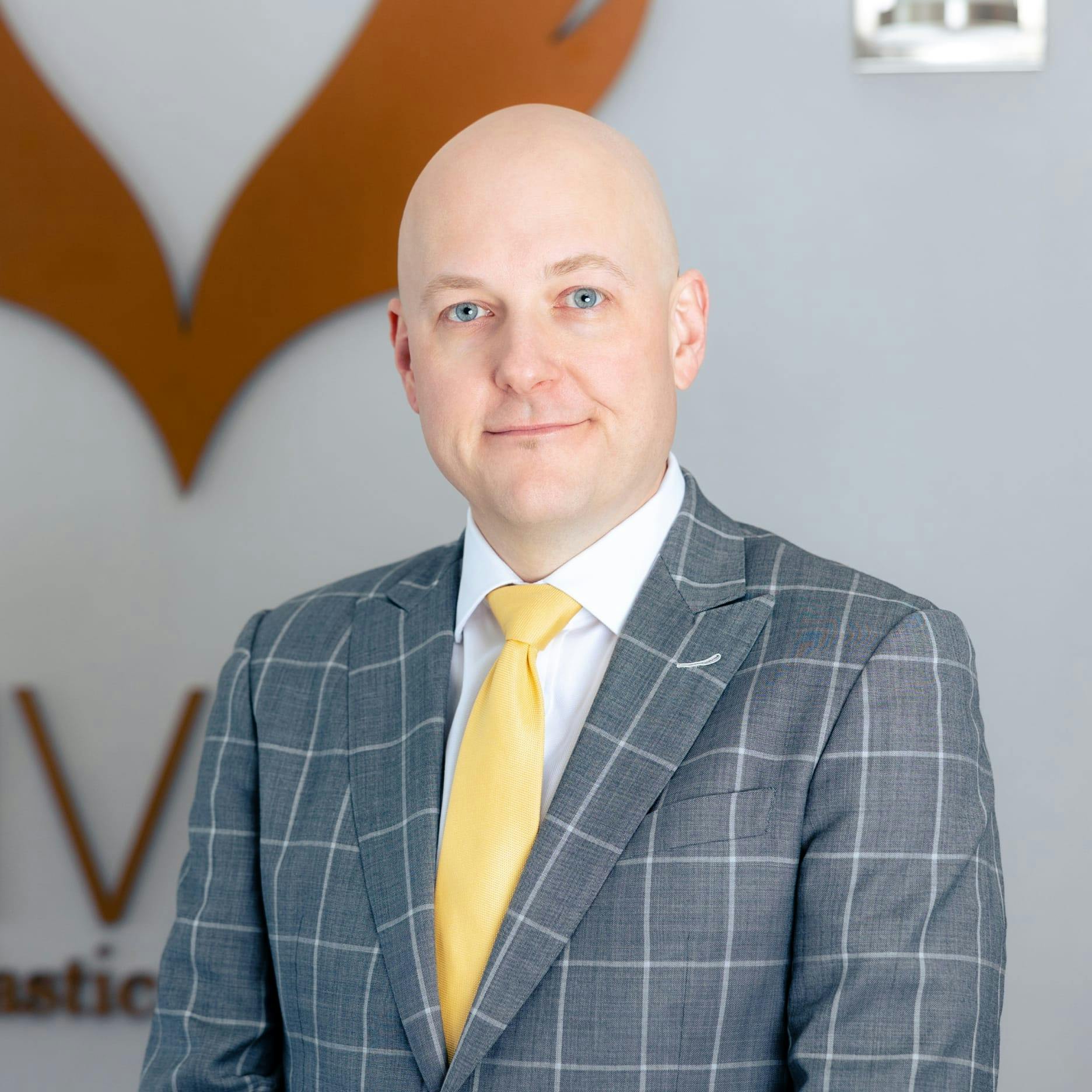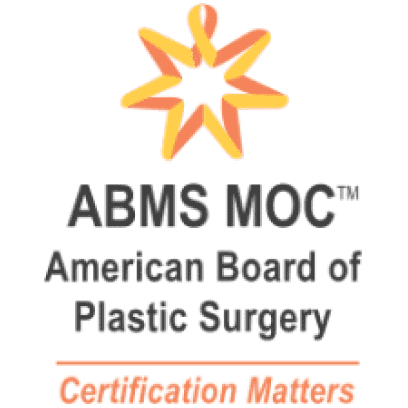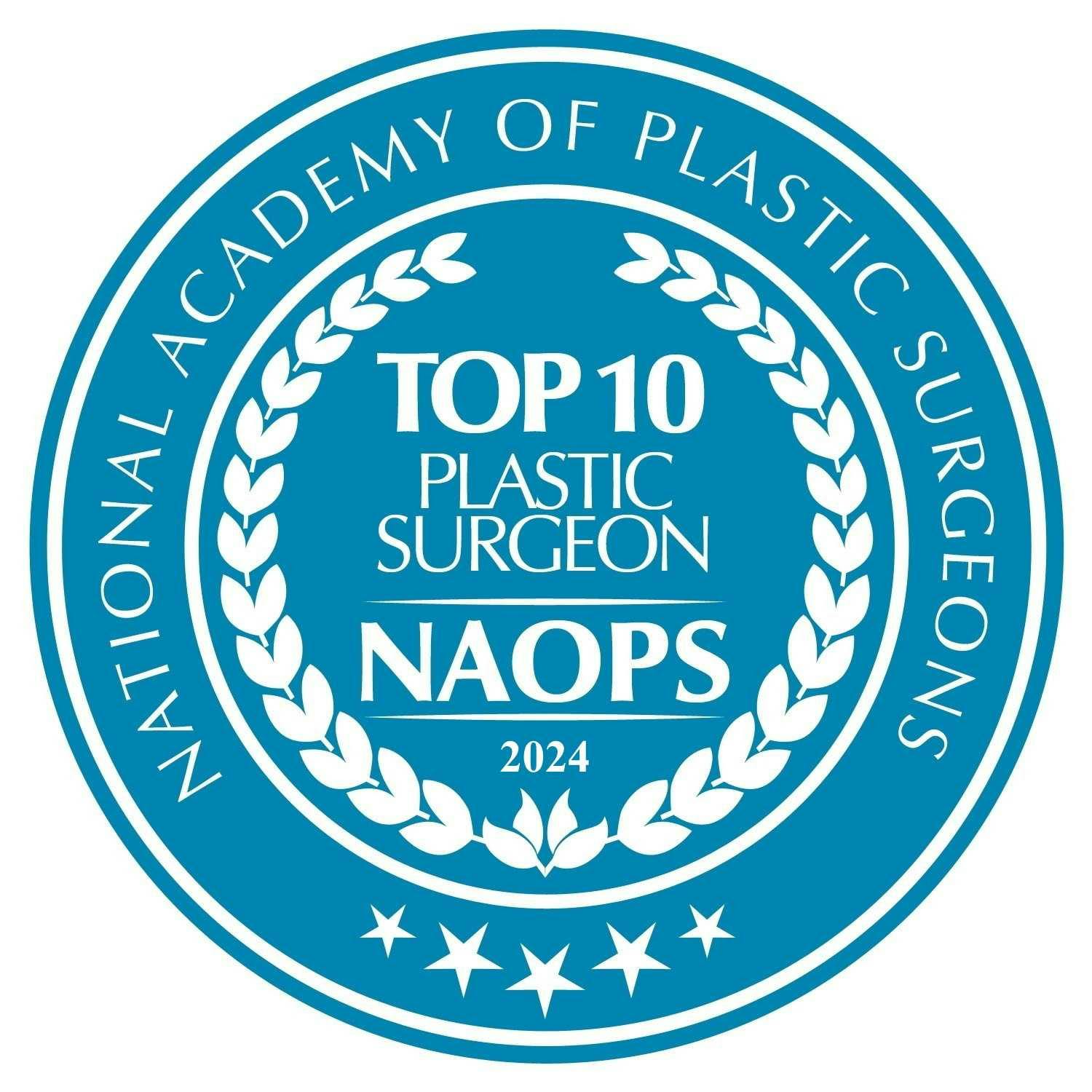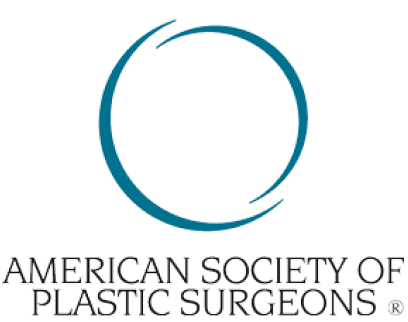Breast augmentation in Tampa, FL, is commonly considered a breast enlargement procedure. However, this surgery can also entail breast reshaping and revising asymmetrical breasts.
Breast Augmentation Procedure
The surgery typically takes between one and two hours from start to finish. In most cases, a general anesthetic is used; however, it can be performed under local anesthetic with sedation if needed. The size and type of implant will dictate which kind of incision Dr. Buchanan will use to insert the implant. Every incision has its advantages and disadvantages, but the most common incision with the least risk of complications is an incision in the fold underneath the breast. An important factor to consider when deciding on what type of incision is scarring. However, with meticulous surgical technique and tension-free closure, we can reduce the size and visibility of your scars.
